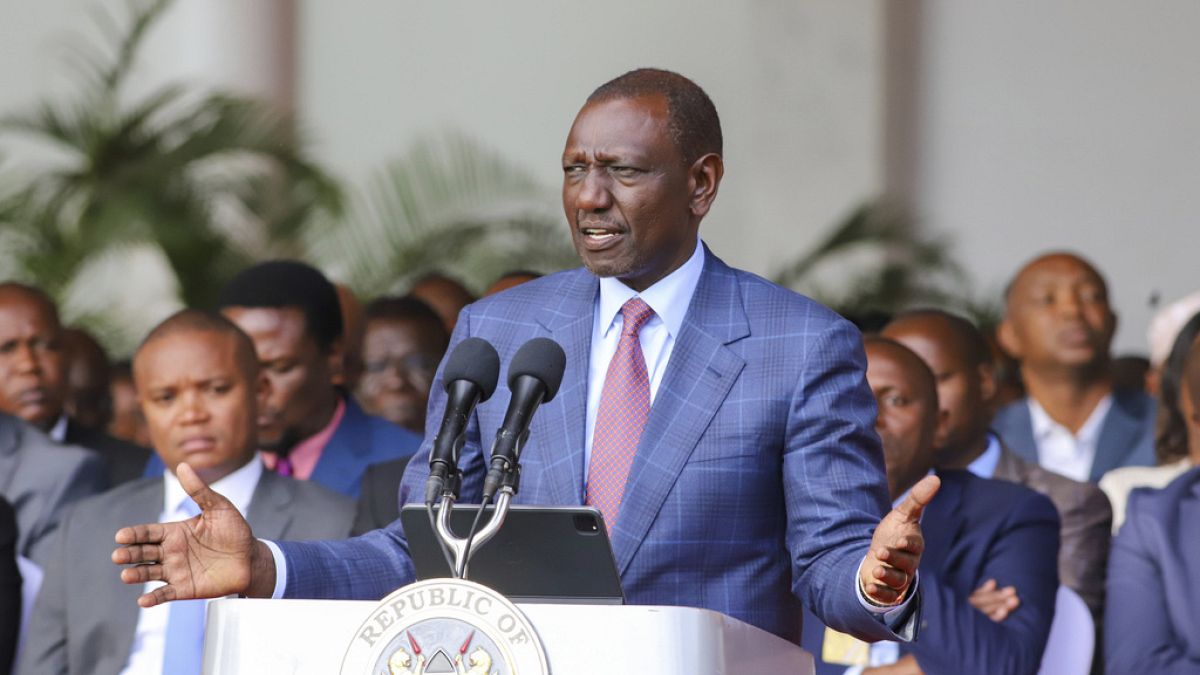The President of Kenya, William Ruto, announced that he will not sign a controversial finance bill into law that proposed new taxes after violent protests rocked the capital city of Nairobi. The bill, which included several tax hikes, was defended by the government as necessary to raise funds to pay off debt. However, ordinary Kenyans expressed concerns that the bill would cause economic hardship as the country struggles with rising costs. The protests led to the deployment of the military, with Ruto labeling the protesters’ actions as “treasonous.”
After facing at least 22 deaths and scores of injuries, Ruto acknowledged the dissatisfaction caused by the bill and conceded to the protesters’ demands. This move is seen as a major setback for the president, who had promised to help Kenyans cope with rising costs. The aftermath of the protests saw tear gas lingering in the air and a heavy military presence in the streets of Nairobi. There were reports of police shootings during the protests, prompting criticism of the government’s response to the demonstrations.
Kenyans have united beyond tribal and other divisions to oppose the finance bill, which would have increased taxes on daily items and services. Civil society groups reported abductions of protesters, raising fears of government crackdowns on dissent. Many young people, who had supported Ruto based on his economic promises, now object to his reform plans. Opposition leader Raila Odinga called for dialogue to address the issues leading to the protests and emphasized the need to listen to the concerns of the youth.
The protests in Nairobi have highlighted long-held frustrations over state corruption and inequality, with a booming young population expressing discontent with the lavish lifestyles of politicians. The youth, who mobilized the protests, seek to hold lawmakers accountable and prevent the passage of the finance bill. Ruto’s concession to the protesters was met with criticism from opposition leaders, who viewed it as a move to preserve his reputation. The events have raised concerns among Kenya’s international partners, who have called for calm and expressed deep concerns over the violence.
The unfolding situation in Kenya has left many questioning how the government became so unpopular in just two years. Kenya’s vice president openly wondered about the shift in public sentiment towards the government, lamenting the loss of popularity within the country. The protests led by the youth and civil society groups have brought attention to the growing discontent among Kenyans over economic hardship and political corruption. Moving forward, dialogue and reconciliation will be crucial in addressing the underlying issues that have fueled the protests in Nairobi.











